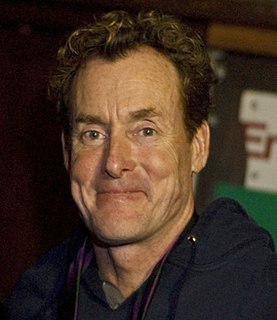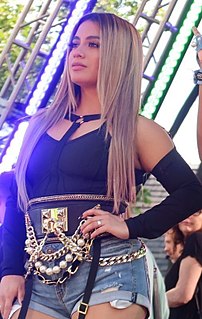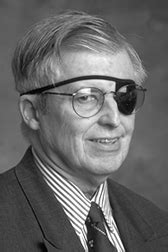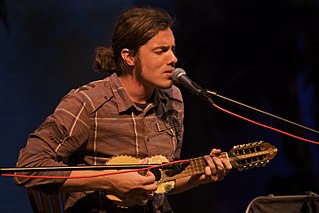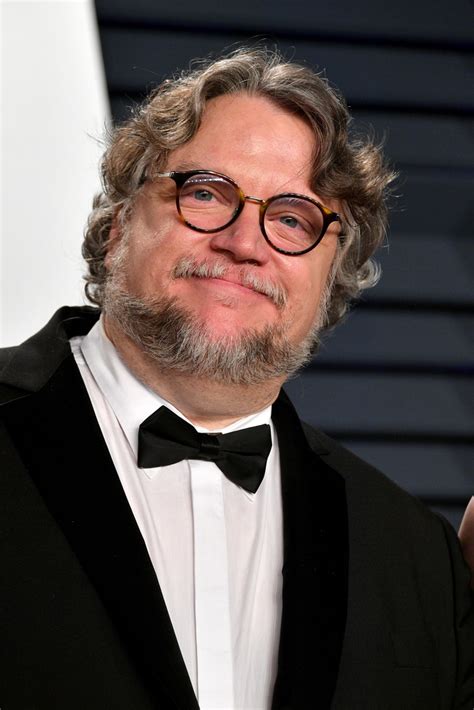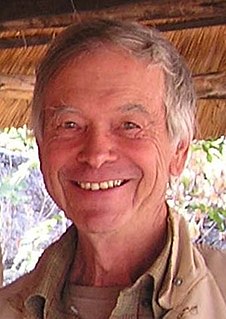A Quote by Cynthia Ozick
Early in the 1990s, I flew alone in a dandelion-yellow, single-engine, 180-horsepower Piper Cherokee from Westchester County Airport in New York westward to the Rocky Mountains, landing and refuelling a good many times in middle-sized cities and towns along the way.
Related Quotes
My district is centered around the progressive college town of Boulder, Colorado, and the high-tech U.S. 36 corridor. It goes from the well-established suburbs of northwest Denver in Adams County to the beautiful mountain towns of Vail and Breckenridge and the majestic Western Slope of the Rocky Mountains.
When Caroline Kennedy managed to say 'you know' more than 200 times in an interview with the New York 'Daily News,' and on 130 occasions while talking to 'The New York Times' during her uninspired attempt to become a hereditary senator, she proved, among other things, that she was (a) middle-aged and (b) middle class.
I'm actually from Mt. Kisco, New York, which is in Westchester County, and when I auditioned for 'Dukes,' I told them I was from Snailville, Georgia, which doesn't exist, and I'd just graduated first in my class from the Georgia School of High Performance Driving, which also doesn't exist. But they bought it.
My heart and my love is in the country because something feels pure and noble and good there, but at the same time, obedience draws me to cities, which are full of cultures that are interesting and fun. I always swore I hated New York. Since having this revelation that cities are where people are, where the need is, I'm growing to love New York.
I'm from New York. I grew up there. I grew up in Westchester County, the suburbs. For me, that was always the best of both worlds. I was super lucky to have a place where I could pretty much practice drums unperturbed. Obviously there were neighbor's complaints, but not very often, and I could get to the city easily by myself or with my parents.




